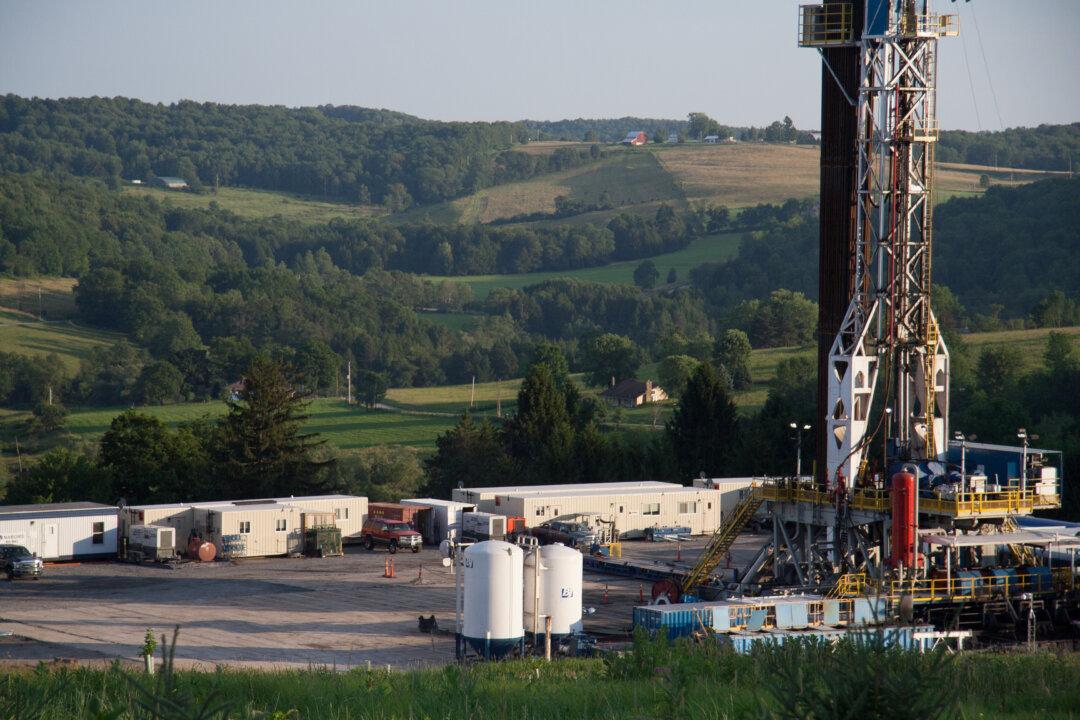At a press conference in the White House Rose Garden on Friday, President Trump stated that his administration would orchestrate the purchase of large quantities of crude oil to help the struggling U.S. oil industry and build up strategic national reserves.
“Based on the price of oil, I’ve also instructed the Secretary of Energy to purchase, at a very good price, large quantities of crude oil for storage in the U.S. Strategic Reserve,” said Trump. “We’re going to fill it right up to the top, saving the American taxpayer billions and billions of dollars, helping our oil industry and making us even further toward that wonderful goal which we’ve achieved, which nobody thought was possible, of energy independence. It puts us in a position that’s very strong, and we’re buying it at the right price. And that’s something that would have not even been possible a week ago. The price of oil went down quite a bit. So we’re going to fill it up. It’s a good time to fill it up.”





